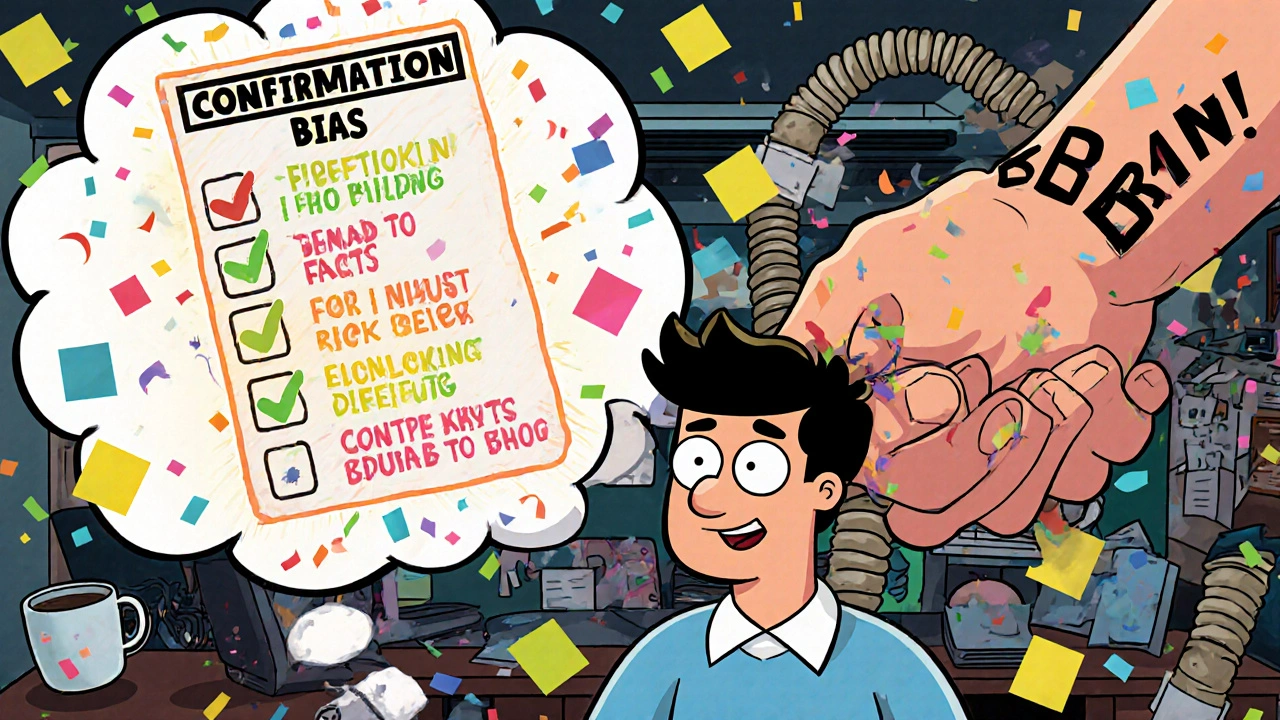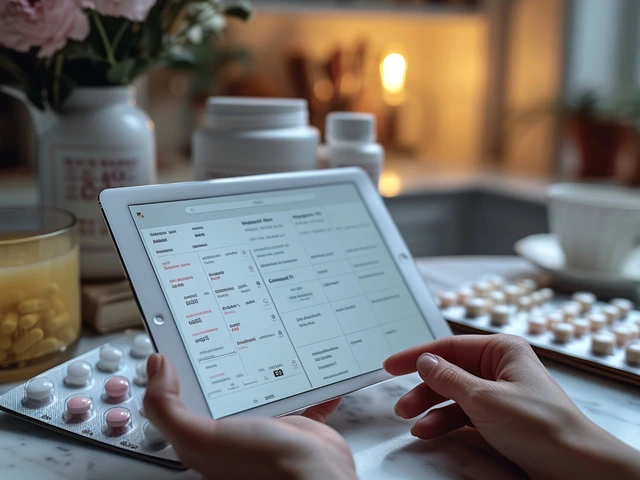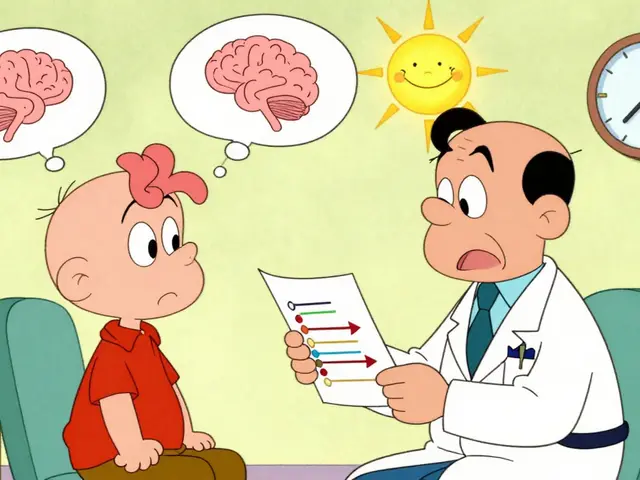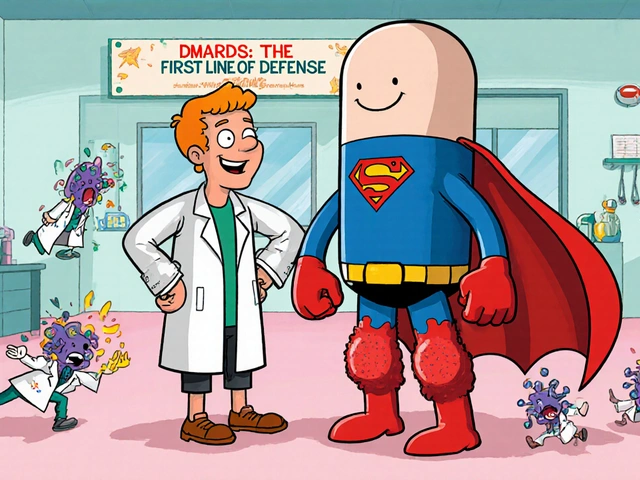Cognitive Biases: How Your Brain Tricks You and What to Do About It
When you make a health decision—like choosing a medication or ignoring a symptom—you’re not just weighing facts. Your brain is using shortcuts called cognitive biases, systematic errors in thinking that lead to poor judgments despite having good information. Also known as mental shortcuts, these biases quietly influence everything from whether you take your blood pressure pill to why you trust one doctor over another. They don’t mean you’re careless. They mean your brain is trying to save energy, and it’s really good at fooling you.
Take confirmation bias, the tendency to notice and remember information that supports what you already believe. If you think a certain drug is dangerous, you’ll remember the one story you heard about a bad reaction—even if 99 out of 100 people used it safely. That’s why people skip statins or avoid insulin, not because the science says no, but because their brain picked up a scary headline and ran with it. Then there’s anchoring effect, when the first piece of information you hear becomes your mental reference point. If your doctor says, "This medicine has a 5% side effect rate," you’ll fixate on that 5%, even if the alternative has a 15% risk. Your brain locks onto that first number and ignores the rest.
These biases show up everywhere in health. The cognitive biases behind why you ignore fall risk medications? They’re the same ones that make you think "I’m fine, I don’t need hydration before a scan," or why you stick with a brand-name drug because it "feels more reliable" than a generic. You’re not alone. Studies show even doctors fall for these traps—especially when they’re tired or rushed. But here’s the good part: once you know these patterns, you can catch them. You can ask, "Am I ignoring data because it doesn’t fit my story?" or "Is this number sticking in my head just because I heard it first?"
The posts below don’t just list drugs or conditions—they show you real decisions people make, and how hidden thinking errors shape those choices. You’ll see how people misjudge aneurysm risks because they fixate on worst-case scenarios. How seniors stop taking fall-risk meds after hearing one horror story. How someone switches from a generic to a brand because it "feels stronger." These aren’t just medical guides—they’re maps of your own mind. And by the end, you’ll know how to spot the tricks your brain plays, so you can make smarter, calmer, better-informed choices about your health.
Cognitive Biases: How Your Beliefs Shape What You Say and Do
Cognitive biases are invisible mental shortcuts that distort how you interpret information, make decisions, and respond to others. Understanding them helps you think clearer, act fairer, and avoid costly mistakes in work, health, and relationships.
Read More





